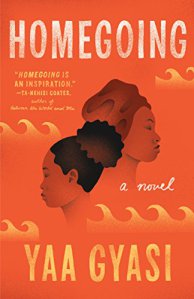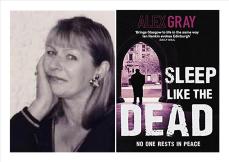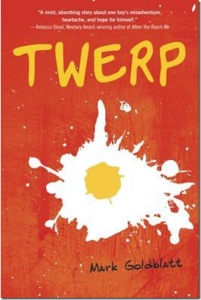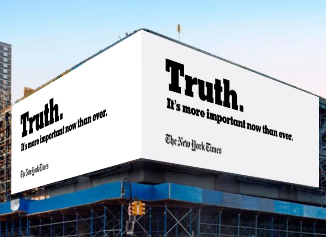Last week I was on a long mountain bike ride and wound up spending a few hours grinding away on a particular difficult situation one of the CEOs I work with was going through, when some advice Brad Feld gave me years ago popped into my head and I knew it was just what my friend needed to hear. I pulled off the trail, sat down in the dirt and called the CEO. As you’d expect, the idea was well received and I got a call the next day saying he’d already implemented it and how helpful it was.
It struck me how many often I’ve used something I’ve learned from Brad and I began to imagine how many times others have done the same; call it the Brad multiplier effect. I decided to reach out to folks I know who have benefited from a relationship with Brad and see what the most valuable insights they’ve gained from knowing him. What you’ll see here are the responses from a broad spectrum of entrepreneurs, CEOs, angel investors, venture capitalists and friends who’ve spent time with him. I can’t imagine how many more people have similar anecdotes and hope anyone who does will share them in the comments below.
I’ll start with my own. Years ago, I was wrestling with a significant life decision that while incredibly important to me, didn’t have a sense of urgency attached to it. I reached out to Brad and the next time I saw him we went for a walk (another jewel I’ve learned from him; deep conversations seem to always have more value when away from desks, conference rooms, and other distractions). He listened carefully and when I was finished, he took a deep breath and said “You can’t process when you’re processing.” What he was telling me was that you can’t force a big decision and that the more you let go of it, the clearer it will become to you over time. Of course he was spot on and sure enough, when I stopped squeezing the decision, I ultimately arrived at (in hindsight) one of the best decisions I’ve made in my life. I’ve shared this wisdom with so many others over the years and it’s had as big an impact on them as it did for me.
Below, you’ll find all of the responses I received. Instead of giving attribution, I thought it would be more impactful if they were anonymous. Knowing Brad, he’ll have fun trying to connect the dots.
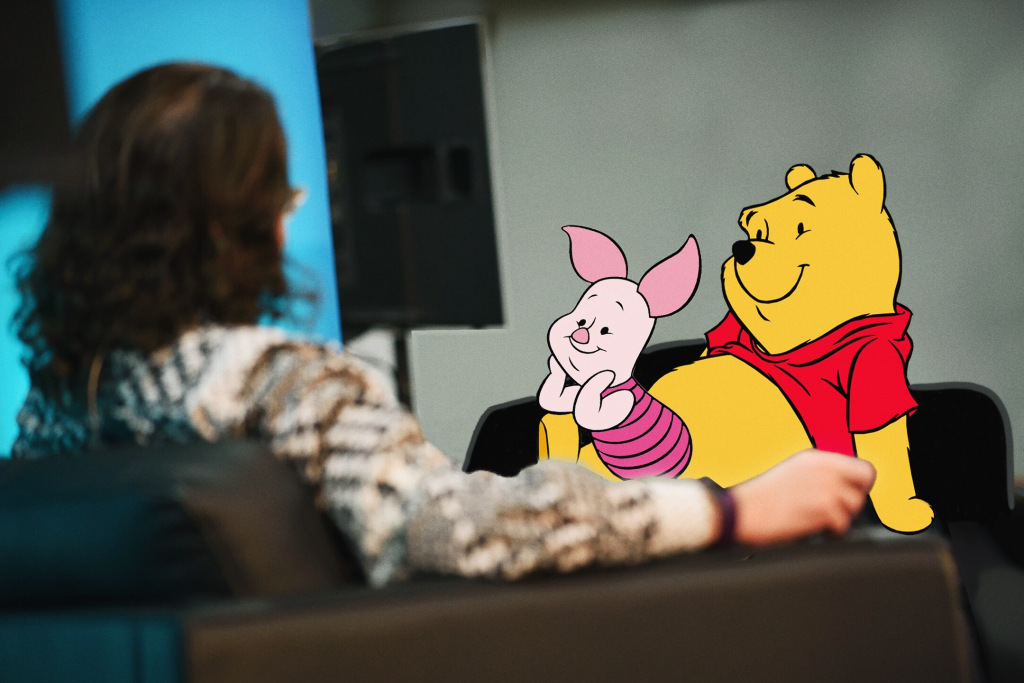
As an investor, I’ve learned from Brad that just as you can’t time the public markets, you can’t time the private markets either. I learned from him to invest the same amount of capital year in, year out, in roughly the same number of investments. Ignore the macros. Sometimes you’ll pay too much, sometimes you’ll get a deal and sometimes your investments will be priced fairly. If you do this over a couple of decades, it will all smooth out.
Don’t optimize on price. It never, ever pays off if you’re playing the long game.
Do or do not. There is no try.
I was talking with Brad about angel investing and he shared with me the importance of a portfolio approach and how anyone angel investing should plan for a minimum of 10 investments. “Take the money you have allocated to this asset class and divide by a number 10 or larger. If you are not going to make at least 10 investments you should make zero.” I took it to heart, made 28 angel investments and have given that same advice dozens of times.
The long game is the only game worth playing
“Give First” — obvious? Yes, but you asked. This is not something that he has ever said directly to me, but rather it has been my personal true north as it relates to giving first being one of life’s greatest journeys. Brad’s generosity of giving first is fundamental to his personal and professional ethos. He gives first of himself as a friend, as a mentor, and with his wisdom. He gives first one the most special level philanthropically, not just in dollars, but with time and most tremendous impact. Brad also gives first by “going first”— in one example, his openness of his own challenges makes him such a special friend in his empathy and understanding. Giving first has become a personal mantra — and it’s through Brad that I’ve fully understood that it’s not a business lesson nor a personal lesson, but a way of being that has created such a fulfilling life. This lesson has had the greatest impact on me in literally every aspect of my life.
Don’t ask me what I’d do. Do what you’d do.
To respond to everyone, no matter who it is or how big or small the ask is because you never know when you may encounter that person again. After 15+ years of working for Brad’s companies, I still don’t know how he does it!
The best advice and insights I’ve received from him came through his use of the Socratic method in our discussions. Two questions he asked me a long time ago still inform my journey in life: “Is this what you want to be doing 5 to 10 years from now?” and “Are you having fun?”
The best advice I have gotten is from simply watching him and I’m lucky to have had so much time with him.
While not advice, I think of the “Dairy Queen Lesson” a lot — one of my favorite things about Brad is how much emphasis he puts on meaningful time and deep dedication to his loved ones. Meaningful doesn’t equate to big events, hallmark holidays, or occasions, but rather simply investing time with those who are the most important to us, even on the most simple level of sharing an ice cream. The way he talks about his partnership with Amy and the tremendous respect and love he has for her. This has helped shaped my own view of marriage and communication with my wife. I call it the Dairy Queen lesson because of the photos of Brad and his dad through the years, each and always with tremendous smiles and ice cream 1, ice cream 2, and on even ice cream 3 in a day. Those smiles and that mutual love and admiration know no bounds. This lesson has had a powerful impact on me and have informed my own approach to life as a husband, a father, and a son, a brother, and of course, a friend.
Be intellectually honest with yourself.
So much. However the one that sticks out is right before I became CEO of (xxxxx). I was struggling with maybe it was time to move out of Boulder. I just had my second failure as a CEO and I felt like I needed radical change – and he said “You can move, but that isn’t going to fix your issues – they are inside of you and they will travel with you wherever you go. Stay where you are, get super involved with Techstars and become the most engaged mentor ever and maybe something good will happen when you give more.” Of course I don’t recall his exact words and this is more like my recollection of an entire conversation is summed up in that one quote – but the essence is the same. So far it’s turned out pretty good
